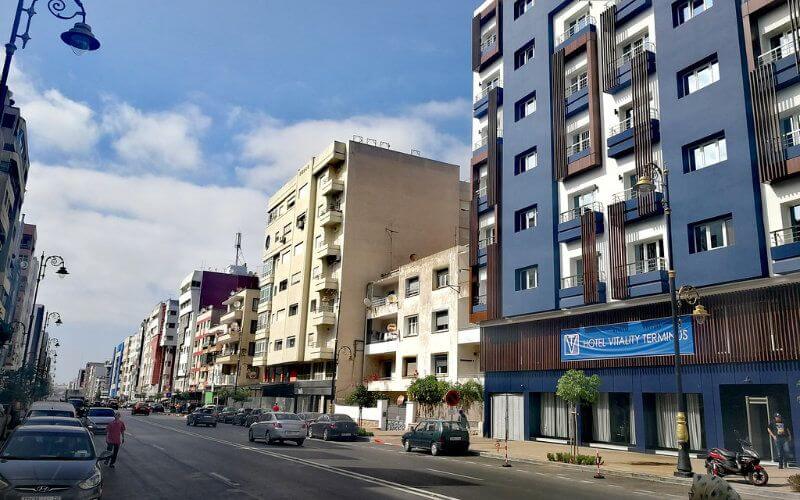Morocco’s Real Estate Crisis Deepens: Transactions Plummet 30% as Housing Market Struggles

In Morocco, the real estate sector is slowing down. This is evidenced by the latest indicators published by Bank Al-Maghrib and the National Agency for Land Registry, Cadastre and Cartography through the Real Estate Asset Price Index (IPAI).
"The latest IPAI report highlights the extent of a slowdown cycle that has been going on for two years. This year, we are seeing declines of around a third in several segments. The figures are public and indisputable, coming from Bank Al-Maghrib and the Land Registry services," commented Anis Benjelloun, Vice-President of the National Federation of Real Estate Developers to Hespress. According to the data published by BAM and the National Agency for Land Registry, Cadastre and Cartography through the Real Estate Asset Price Index (IPAI), the overall number of transactions fell by 30.3% in the first quarter of 2025, leading to a 29.3% decline in housing sales.
From one quarter to the next, the price index remains almost flat with a 0.1% increase for residential, a 0.1% decrease for urban land and a 0.3% decrease for commercial properties, the same source specifies. Over one year, transaction volumes are down 15.2%, a slowdown due to the contraction of the residential segment, that of buildable land and that of commercial assets. Even the government’s direct housing acquisition assistance program, launched in early 2024, is puzzling. According to statistics updated in July, only 55,000 files have been validated out of more than 177,000 applications filed, revealing a persistent mismatch between supply and demand in the housing market.
The situation of housing under construction or delivered is not looking good either. "The number of officially under construction or delivered housing units is clearly decreasing. Neither the volumes of real estate loans nor the sales of cement currently reflect the true dynamics of the sector," says Benjelloun. The inflation of construction costs and materials is exacerbating the situation. Another difficulty: administrative blockages. The issuance of tax clearances by notaries through the Tawtik platform is experiencing delays related to the application of Law 14-25 amending Law 47-06 on local taxation, explains Amine Mernissi, a real estate expert.
The massive return of Moroccans from abroad this summer and a renewed interest in housing at 300,000 dirhams, particularly in Fez which concentrates strong demand, can however save the sector. Above all, land constraints in major cities, where land prices remain prohibitive, will have to be lifted, continuing to curb supply. Mernissi therefore proposes to accelerate the implementation of the recently adopted law on regional urban planning and housing agencies, in order to facilitate access to land and better coordinate the interventions of local actors.
Related Articles
-

Morocco’s Billion-Dirham Souk Revolution: Modernizing Tradition for Rural Prosperity
1 October 2025
-

EU-Morocco Trade Deal Expands to Sahara, Sparks Economic Shift
30 September 2025
-

Fuel Station Owners Ignite National Strike Over Black Market Crisis
30 September 2025
-

Morocco Cracks Down on Dormant Firms: Tax Evasion Crackdown Targets Inactive Businesses
30 September 2025
-

Electric Car Race Heats Up: Morocco and Turkey Vie for Europe’s EV Gateway
30 September 2025